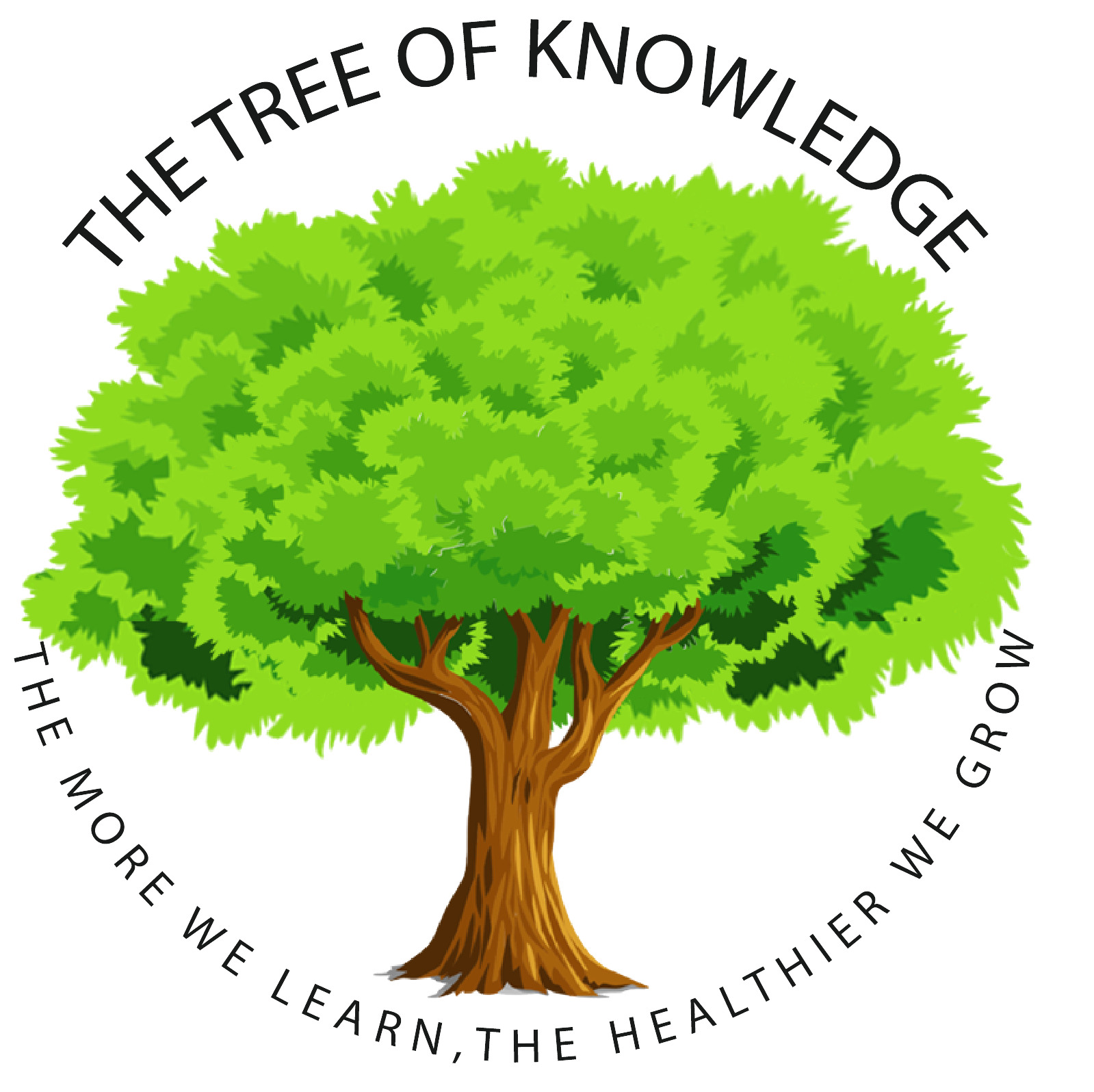A study out of the Medical University of South Carolina found a link between adolescent obesity and decreased learning. And because adolescents are still in the developing stage, losing weight may be able to at least stop the trend and even possibly reverse it to some extent.
One decrease in learning, as evidenced by IQ test scores, is due to a condition known as adolescent sleep apnea. Just like in adults, obese children with this condition actually stop breathing while sleeping. While each episode may only last up to 10 seconds, it can occur hundreds of times each night in a child with this condition.
Studies have found the decrease in learning is due to two results from breathing cessation: lack of oxygen to the brain and lack of quality sleep. When the child is not breathing, oxygen is not getting in the lungs, entering the blood stream and being distributed to the brain. With a lack of oxygen over time, injury to existing brain tissue can occur along with affecting further development of the brain. The cause of sleep apnea may be from excess fat in the throat or enlarged tonsils that cuts off the airway.
With a child waking up hundreds of times each night, they are not getting quality sleep even though they may be getting the correct number of hours of sleep. This further effects their learning performance because they go to school tired the next day and can’t focus on learning.
And then there is the emotional side of learning. Social distress also affects learning in obese adolescents. Because obese children “don’t fit in”, normal weight children tend to tease, make fun of or even bully them. This constant taunting causes immeasurable emotional issues of which decreased learning is just one. With low self-esteem and self-worth constantly haunting them, concentrating on learning in school is the farthest thing on their mind. Many can’t take the peer ostracizing anymore and end up taking their own life.
Researchers found the decrease in learning can start as early as kindergarten and seems to be more prevalent in girls than boys. They also found that obese adolescents are less likely to attend any type of post-secondary education. And it all starts with being an obese child.
If you have an obese adolescent, help them get back to learning again by seeking an approved diet and exercise program from your child’s healthcare professional. Be a part of ending the emotional strain and bad grades caused by your child’s obesity. Get them back to actively learning again.
Russell (Rusty) Hart is the founder of the Health, Fitness & Sport Club, a website devoted to the promotion of health, fitness and wellness. Should this subject matter be of interest you can visit the HF & S Club home site where you’ll find over 1,300 quality posts with new posts being published daily. To quickly access those that are of interest you can select any of 20 Categories broken down by over 260 Sub-Categories for easy access.
Access this website by going to [http://www.healthfitnessandsport.com]
Article Source: https://EzineArticles.com/expert/J_Russell_Hart/278755


